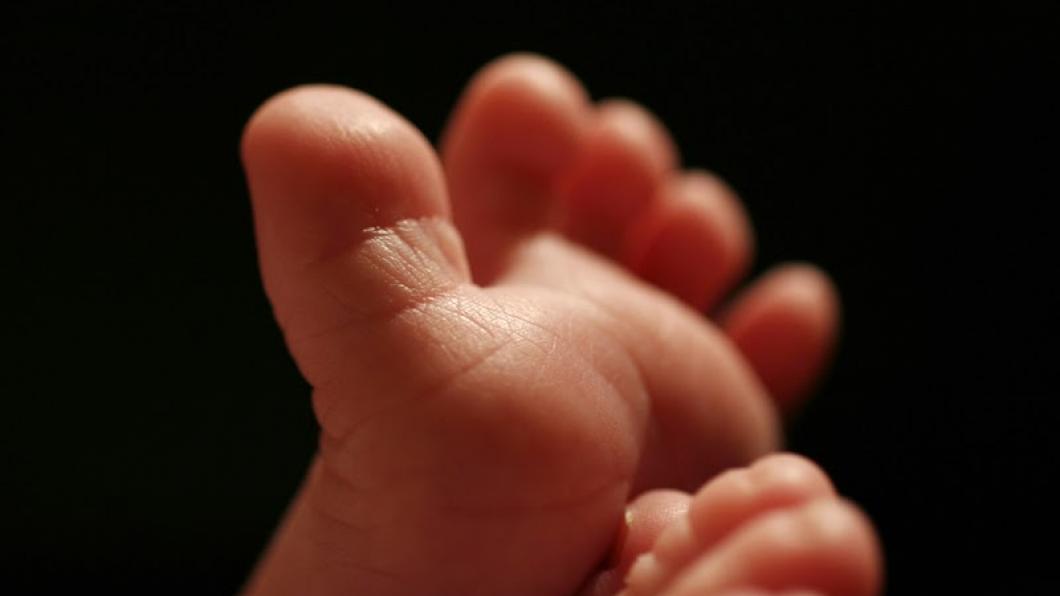
Is newborn euthanasia an answer to parent pain?
By Louise Kinross
I was surprised to see this headline on a CBC The Current story yesterday: Newborns should have the right to die, ethicist says. Can newborns assert their rights?
The piece is framed as a discussion about euthanasia for newborns with severe, terminal illnesses.
One of the guests is Udo Schulklenk, a professor of philosophy and the Ontario Research Chair in Bioethics at Queen’s University.
He wrote a paper defending euthanasia of some infants with severe, terminal conditions.
During the CBC interview, the Dutch Groningen Protocol is referenced. The waters get muddy here as this protocol supports euthanasia not just for infants who will die imminently, but for those who have a poor prognosis and expected quality of life. For example, “a child with the most severe form of spina bifida will have an extremely poor quality of life, even after many operations,” write the authors of this paper describing the protocol in the New England Journal of Medicine.
Spina bifida is not a terminal condition (please see Deliberate termination of life of newborns with spina bifida, a critical reappraisal).
The CBC interview doesn't make clear that the practice in the Netherlands includes euthanizing newborns with severe disabilities who are not terminally ill.
Udo argues that “once professionals have decided that further treatment would be futile and it’s a hopeless case, we ought to take into consideration whether or not the parents really want to sit by while treatment is withdrawn and while there is a prolonged period of time until eventually the newborn expires.”
Udo is referring to the process whereby nutrition and hydration provided by a nose or stomach tube is stopped and the child dies within days or weeks.
In 2013 the Royal Dutch Medical Association made a similar argument in a policy (click on English press release) that supports giving a lethal injection to newborns with serious birth defects whose tube feeding had been withdrawn, because watching them die “causes severe suffering for the parents.”
Typically, Dutch pediatric medical ethics and law in children’s treatment decisions are based on “the child’s best interests”—not parent interests.
At the time, I asked Dr. Franco Carnevale, a psychologist, nurse and ethicist at Montreal Children’s Hospital, if the argument to include “parent suffering” as a basis for a child's treatment decision is problematic.
“The 'child's best interests' was created to protect the voiceless vulnerable," Dr. Carnevale said. “Any time that the suffering or interests of others in a powerful position can trump the interests of the powerless in medicine, this is a direct breach of their rights. This would treat children as objects that are only worthy in terms of the pleasures they can bring, rather than humans with their own individual rights and interests that should be protected.”
Dr. Stephen Liben, interviewed on CBC yesterday, disagreed with Udo Schulklenk that relieving parent suffering is a rationale for newborn euthanasia.
“What Udo is speaking to is the suffering of the parents who are watching their child die and it’s true, we can’t remove that suffering," said Dr. Liben, director of pediatric palliative care at Montreal Children's. "Children for the most part aren’t in pain, but the parents are in pain.
“The argument is being made that if you just end their child’s life now, their suffering will end sooner. I think that’s an argument that’s naïve... Is their suffering really over because their child has died? The suffering of the health-care professionals ends pretty quickly, we move on to the next patient...But for the families, how do we know how they feel years later, when a mother looks at a handicapped child smiling and laughing…and thinks ‘my goodness, how could I have asked the doctors, or allowed them, to end the life of my child?’”
When brain scans show severe brain damage in a newborn, Dr. Liben said, the decision is sometimes made to stop tube-feeding. But predicting how a newborn will be affected by brain injury is imprecise. “We're not really good at predicting what’s going to happen,” Dr. Liben said. “We have an idea of what the damage is, but we don’t really know for weeks and even years...to know how those kids will be.”
Dr. Liben was asked whether parents ever change their minds when they’ve chosen to withdraw artificial feeds from their infant. “I’ve seen that several times now,” he said, explaining that in these cases “we start the feeds again” and the children have lived, though "I don't know what's happened to them 20 years later.
“I’ve also seen parents change their idea from Oh, my poor child, this is so horrible” to returning two to three years later to say “The doctors have to do more. I love my child, he’s handicapped, but he...interacts with the world.”
Rather than talking about euthanasia, Dr. Liben said we need to “improve access to palliative care. “I’ve been doing this for 20 years and I shudder to think of what could happen” if euthanasia of newborns was practised.
“Given the way healthcare really works—the way it isn’t all studied doctors and nurses who are comfortable with these things without prejudices in their own minds left, right and centre. Things don’t happen rapidly and equally. The real world out there is there aren’t ethical committees that rapidly convene with intelligent people discussing things all day long.
“This is not what goes on across the country and if the law changes it applies to everybody and I think there’s way more harm than good. Looking at our healthcare system I just see that it would be abused. Is it just coincidental that it’s going to be a cheaper way out for government and for certain hospitals that are under pressure? I don’t have confidence enough in the human factor that we can manage this humanely.”
Take a listen to the CBC piece. Much food for thought.